While I do multi-methods research, and I wrote three theses using quantitative methods, I have found that many of the research questions I explore are best answered with qualitative methodologies. I don’t know what it is, but every few months, I need to reassert the importance of methods where qualitative data is analyzed. But recently, I’ve had to remind people that qualitative research IS empirical.
|???????????|
| Qualitative analysis IS |
| empirical analysis. |
|???????????|
(\__/) ||
(•?•) ||
/ ? ?— Dr Raul Pacheco-Vega (@raulpacheco) July 14, 2018
While there are many ways of approaching this epistemological debate, and I actually don’t have the time to do so because I have papers to write, and research to do, I think the easiest way to examine this qualitative versus quantitative debate is using Russ Barnard’s piece: “Qualitative Data, Quantitative Analysis“.
There are qualitative data that are analyzed using qualitative methods, quantitative data analyzed with quantitative methods, and two other combos in-between.
It might just be me, but qualitative research is tremendously difficult to conduct with the appropriate amount of rigor. It’s the research with which I struggle the most, and I tip my hat to those who ground their research agendas in it. Y’all are the real MVPs!
— Meg Guliford (@mkguliford) August 8, 2018
Mahoney and Goertz (2006), in their “A Tale of Two Cultures: Contrasting Quantitative and Qualitative Research” piece, published in Political Analysis, make the argument that what we see is a cultural divide between qualitative and quantitative research traditions. As Meg Guliford’s tweet above shows, solid quantitative researchers are very appreciative of how difficult it is to undertake qualitative research well.
I don’t think qualitative methods are uniquely positioned to answer truths or deliver generalizations. But they can provide insight into patterns, behaviours, contexts, relationships. But the crux of the matter, and what prompted me to write this blog post, is the fact that both qualitative and quantitative methods have an empirical basis. As Tilda Gaskell aptly explains in her 2000 piece “The process of empirical research: a learning experience?“:
“Empirical research methods derive from the application of observation and experience to a research question rather than being grounded in theory alone” (Gaskell 2000, p. 349).
I think the problem here is that there’s a generalized perception that only quantitative methods are empirical. I see this misnaming in tweets from economists and political scientists and it makes my blood boil. I also hear scholars talk about “empirical studies” that are solely quantitative. But it’s not hard to make this distinction. A simple Google Scholar search on the phrase “what is empirical analysis” yields purely quantitative studies, and most of them economics-focused.
On a side note, and a more philosophical and epistemological note, I quite enjoyed Lowenberg’s 1940 disquisition on “What Is Empirical?” in the Journal of Philosophy, makes for a good read.
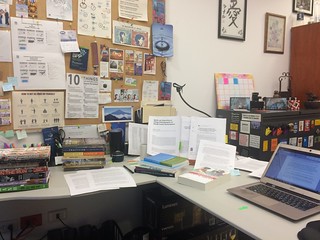
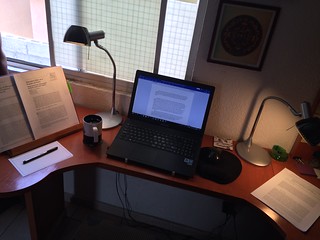
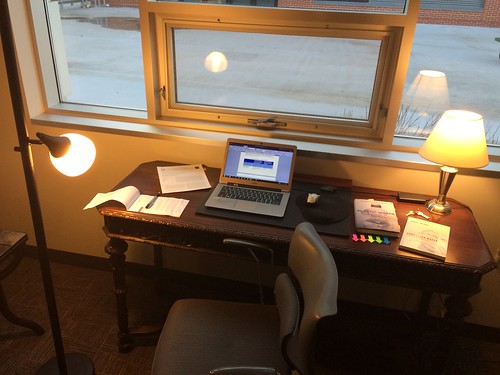
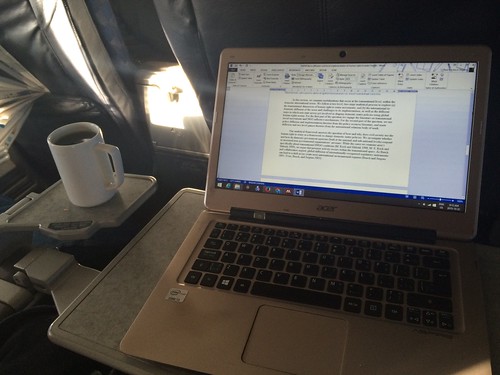
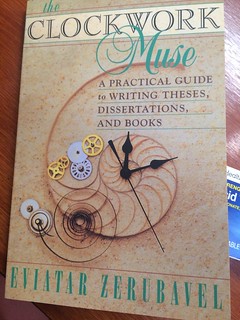

Recent Comments